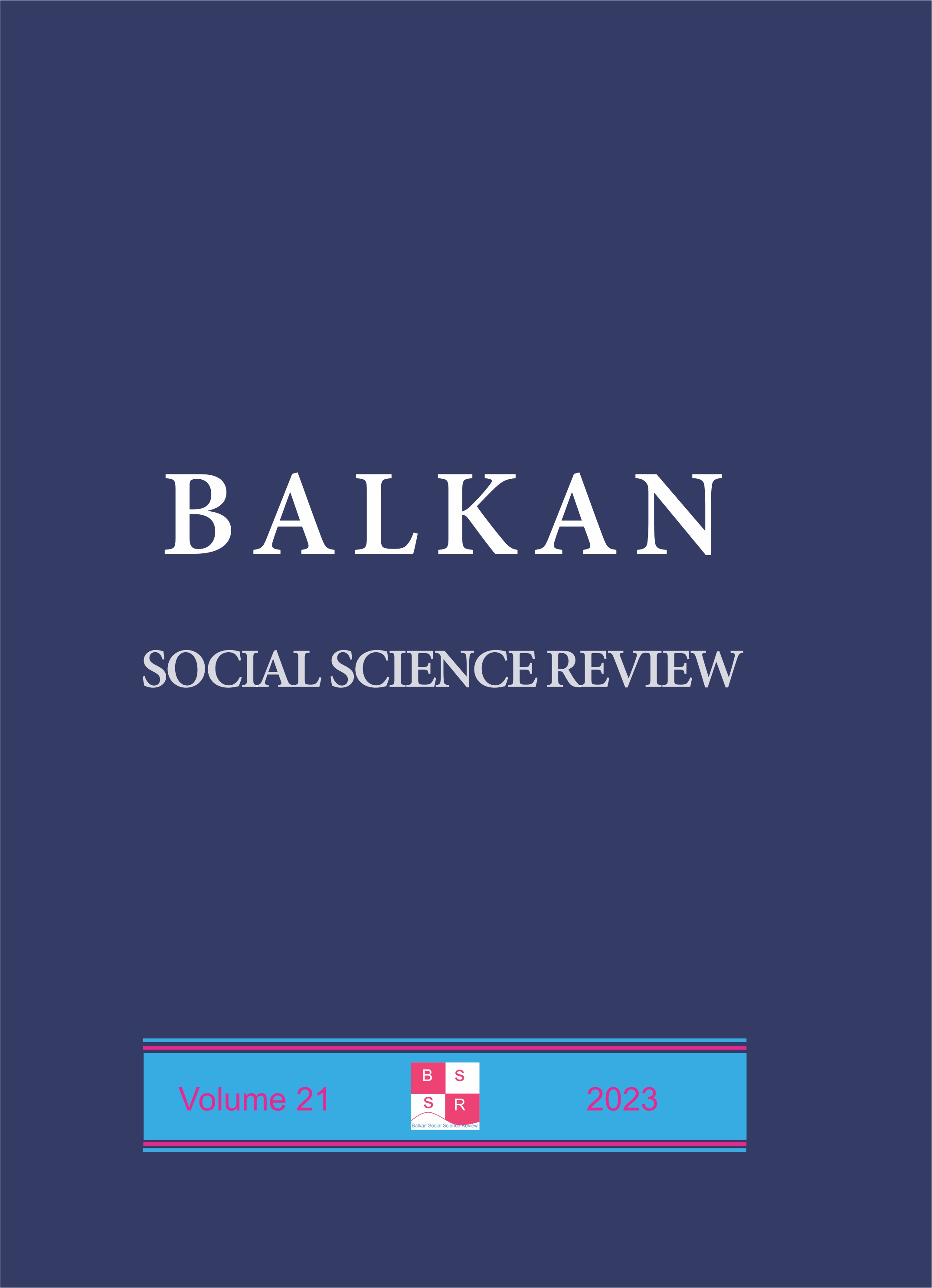CHALLENGES TO PRESERVING THE DIGNITY OF THE WORKER OR EMPLOYEE IN THE REPUBLIC OF BULGARIA
CHALLENGES TO PRESERVING THE DIGNITY OF THE WORKER OR EMPLOYEE IN THE REPUBLIC OF BULGARIA
Author(s): Nikoleta Lazarova, Georgi MihaylovSubject(s): Law, Constitution, Jurisprudence
Published by: Универзитет »Гоце Делчев« - Штип
Keywords: labor rights; labor law dignity; discrimination
Summary/Abstract: This article aims to analyze the labor law and regulations regarding the dignity of the worker or employee and the challenges to their protection in case of harassment by the employer. At its core, the entire labor legislation in the Republic of Bulgaria is based on the worker's or employee's dignity, since wage labor places the worker or employee in economic and legal dependence on the employer. The dominant figure of the employer gives rise to a number of trials and dangers for the protection of the worker's or employee's dignity. In Bulgaria, many cases of disrespect for the dignity of workers or employees by their employer within the framework of the labor process are known. The reason leading to the most frequent cases of trampling on the worker's or employee's dignity is harassment in the workplace. In this regard, realizing the importance of the problem, we chose a more unconventional approach to analyze the issue of protecting the dignity of the worker or employee through the lens of workplace harassment. Although the labor legislation in the Republic of Bulgaria traditionally aims to protect the dignity of the worker or employee, it makes an impression that it contains explicit legal regulations regarding harassment in the workplace, nor does it deal with the concept of “harassment in the workplace”. The specified gap in the Labor Code necessitates finding a way to legally protect the dignity of the worker or employee, in cases of harassment in the workplace, through the interpretation of several Bulgarian normative acts - the Labor Code (LC), the Protection Against Discrimination Act and the Health and Safety at Work Act (HSWA). Harassment in the workplace may be committed by the employer to the worker or employee (vertical harassment) or by a worker or employee to another worker or employee located at the same hierarchical level in the enterprise (horizontal harassment). There is a hypothesis in which the harassment can be carried out by a third party who is not in an employment relationship with the respective employer. For example, harassment from a customer to an employee serving the customer. The subject of this article will be harassment in the workplace, carried out by the employer, as one of the most frequent hypotheses observed in Bulgarian reality.
Journal: Balkan Social Science Review
- Issue Year: 21/2023
- Issue No: 21
- Page Range: 7-29
- Page Count: 22
- Language: English

